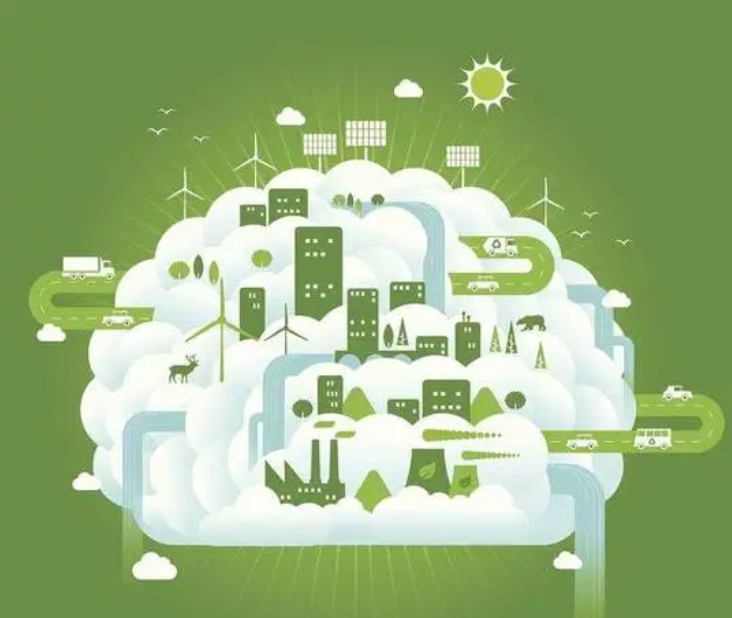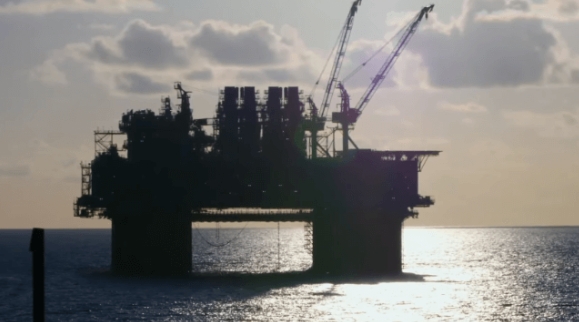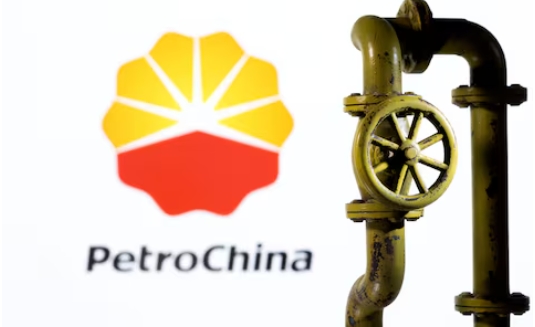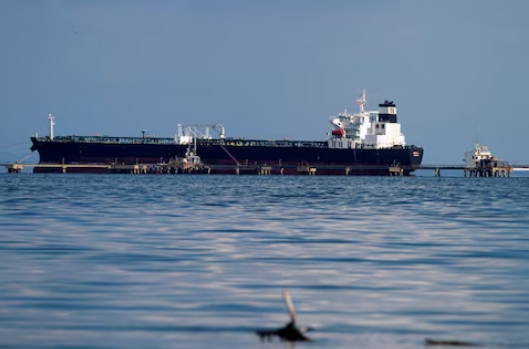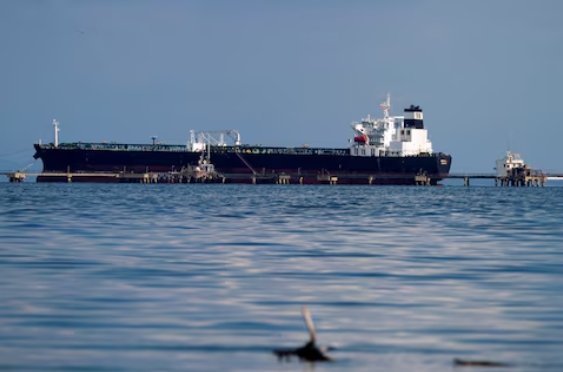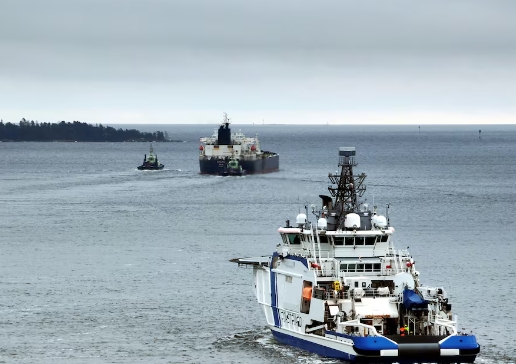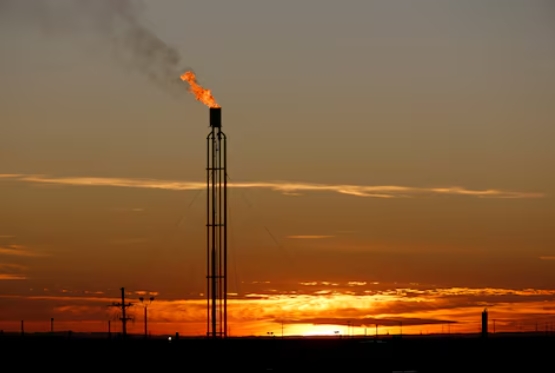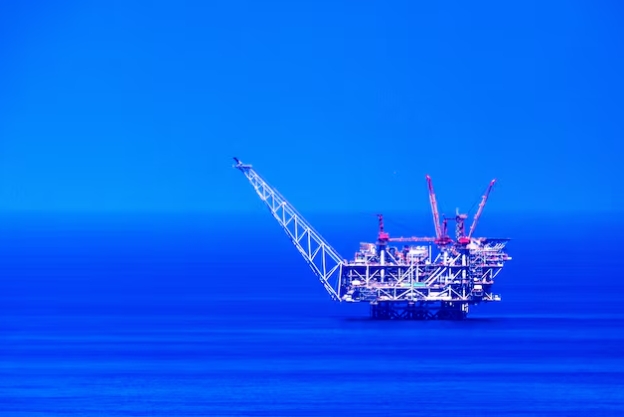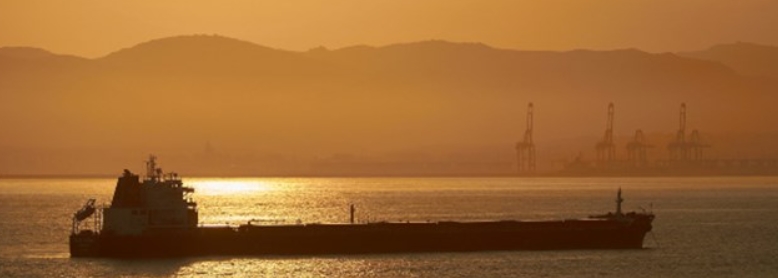As disclosed, a Memorandum of Understanding was signed between the partners on February 26, 2023.
Back in September 2023, JAPEX, K Line, and PETRONAS CCS Ventures Sdn. Bhd. (PCCSV) signed the key principles agreement to commercialize the CCS project. The companies have commenced the specific preparatory works with a view of beginning the front-end engineering design in 2024 and the subsequent construction works.
Specifically, they conducted a survey assuming receipt of CO2 from Japan and discussions with candidate CO2 emitters.
The partners found that their direction aligns with EnerGia’s to consider further reduction methods of CO2 emissions from power generation businesses, and with NGL’s to proceed with the commercialization of domestic marine transportation of liquefied CO2.
Under the new MoU, the Japanese players will conduct the joint evaluation, collaborating with the CCS project development, to establish the CCS value chain, from CO2 separation and capture at JFE Steel’s steelworks and EnerGia Group’s power plant to marine transportation (including domestic marine transportation in the Setouchi area) of liquefied CO2 to the receiving point(s) in Malaysia, including estimation of required facilities and costs.
In the CCS project development, K Line, JAPEX, and PCCSV have been proceeding with the detailed study on the specifications and estimated costs of necessary facilities, including CO2 pipelines from onshore gathering facilities, marine transportation of liquefied CO2, and receiving facilities for liquefied CO2 transported by ships and offshore injection facilities, and business scheme.
The goal is to start injection and storage of CO2 emitted in Malaysia as well as captured outside Malaysia such as in Japan under the seabed at the end of 2028.
“By executing the Joint Evaluation for the early commercialization of the CCS project, JAPEX, JGC HD, K LINE, JFE Steel, EnerGia, and NGL will contribute towards carbon neutrality in 2050, including the realization of a de-carbonized society in Asia targeted by the Asia Energy Transition Initiative (AETI),” K Line concluded.
